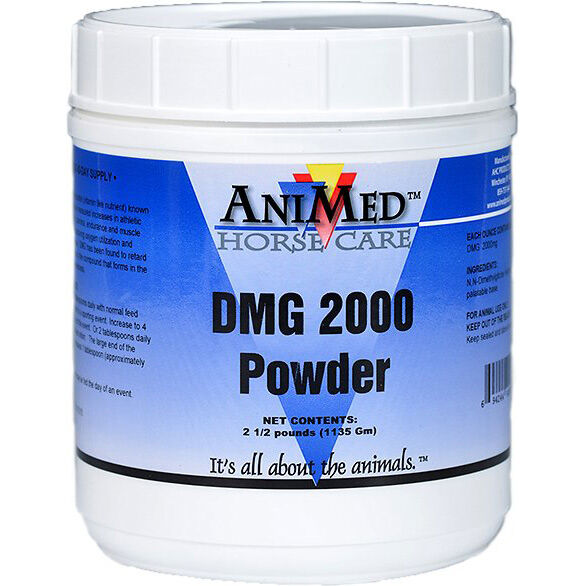


mRNA vaccines can be manufactured in a cell-free manner, allowing rapid, scalable and cost-effective production. Unlike some viral vaccines, mRNA does not integrate into the genome, obviating concerns about insertional mutagenesis 5. In principle, mRNA vaccines have several advantages over conventional vaccines. Nucleic acid vaccines based on mRNA were conceived more than three decades ago in the hope of generating safe and versatile vaccines that are easy to produce 3, 4. Furthermore, they require regular modification to address rapidly mutating pathogens, such as the influenza virus. Despite their evident success, however, conventional vaccines do not effectively tackle pathogens such as the malaria parasite Plasmodium falciparum, hepatitis C and human immunodeficiency virus (HIV), which evade immune surveillance 2. Successful vaccination campaigns eradicated life-threatening diseases such as smallpox and nearly eradicated polio 1, and the World Health Organization estimates that vaccines prevent 2–3 million deaths every year from tetanus, pertussis, influenza and measles (see Related links). Vaccination is the most effective public health intervention for preventing the spread of infectious diseases.


 0 kommentar(er)
0 kommentar(er)
